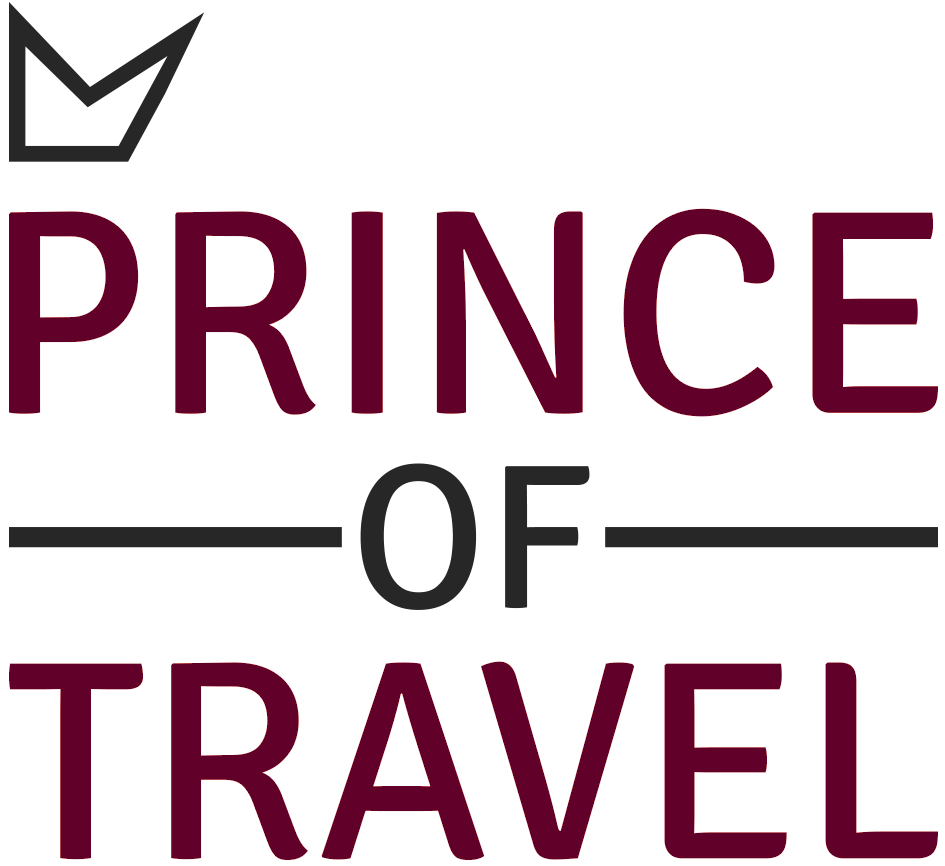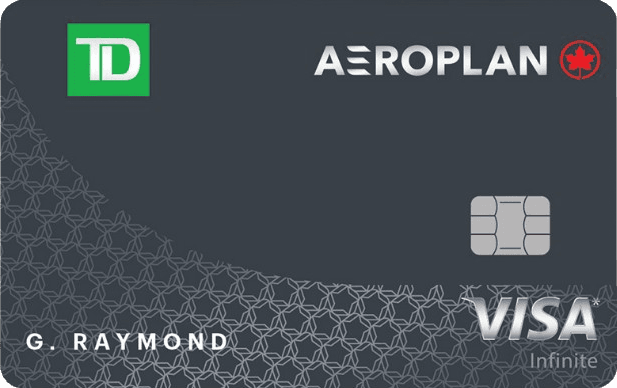Success Story: Rachel’s Segment Run for Air Canada Elite 35K

I guess everyone was too busy travelling or spending the holidays with loved ones in December, as we were pretty light on Reader Success Story submissions throughout the month.
Therefore, I asked my assistant Rachel to chip in with a success story of her own – and one with its fair share of twists and turns at that!
Read on to find out how Rachel took advantage of the recent Air Canada status challenge and dealt with all the unexpected challenges that came her way along the journey.
Hey Ricky, your assistant Rachel checking in. I would like to share my experience booking and flying on my very first mileage run!
While I’m normally very Miles & Points-oriented only, there was an interesting status challenge article on the blog saying I could match my WestJet status to Air Canada Altitude and earn either Prestige 25K or Elite 35K status after meeting the challenge requirements.
Although I am primarily after the fuel surcharge waiver that’s eligible even with Prestige 25K, my WestJet Gold status would earn me a challenge for Elite 35K. I figured that the lounge access would be a decent benefit over Prestige 25K when flying on a reasonably priced cash ticket or an economy redemption on a short-haul flight.
Booking the Segment Run
Myself, along with three other victims friends I met at past Prince of Travel events – Andrew, Steve, and Ricky (another Ricky) – found a six-segment routing from Toronto to Saint John, NB. The cost was around $360 for one ticket.
We searched using ITA Matrix and then booked on the Air Canada website, making sure to book Standard Economy instead of Basic Economy so that we would be credited the Altitude Qualifying Segments (AQS).

A coupon from my American Express Platinum Card brought the ticket price down to $320, but being the aviation geeks that we are, we each splurged a whole $12 for seat selection aboard the Beechcraft 1900D in order to ensure the best view of the open cockpit.
I did the math and calculated that I paid around $400 on intra-North America Air Canada fuel surcharges throughout 2019 (booking for a family of four adds up quickly!), so booking the mileage run for $320 was a no-brainer. The lounge access and eUpgrade credits are easily worth $80 to me.
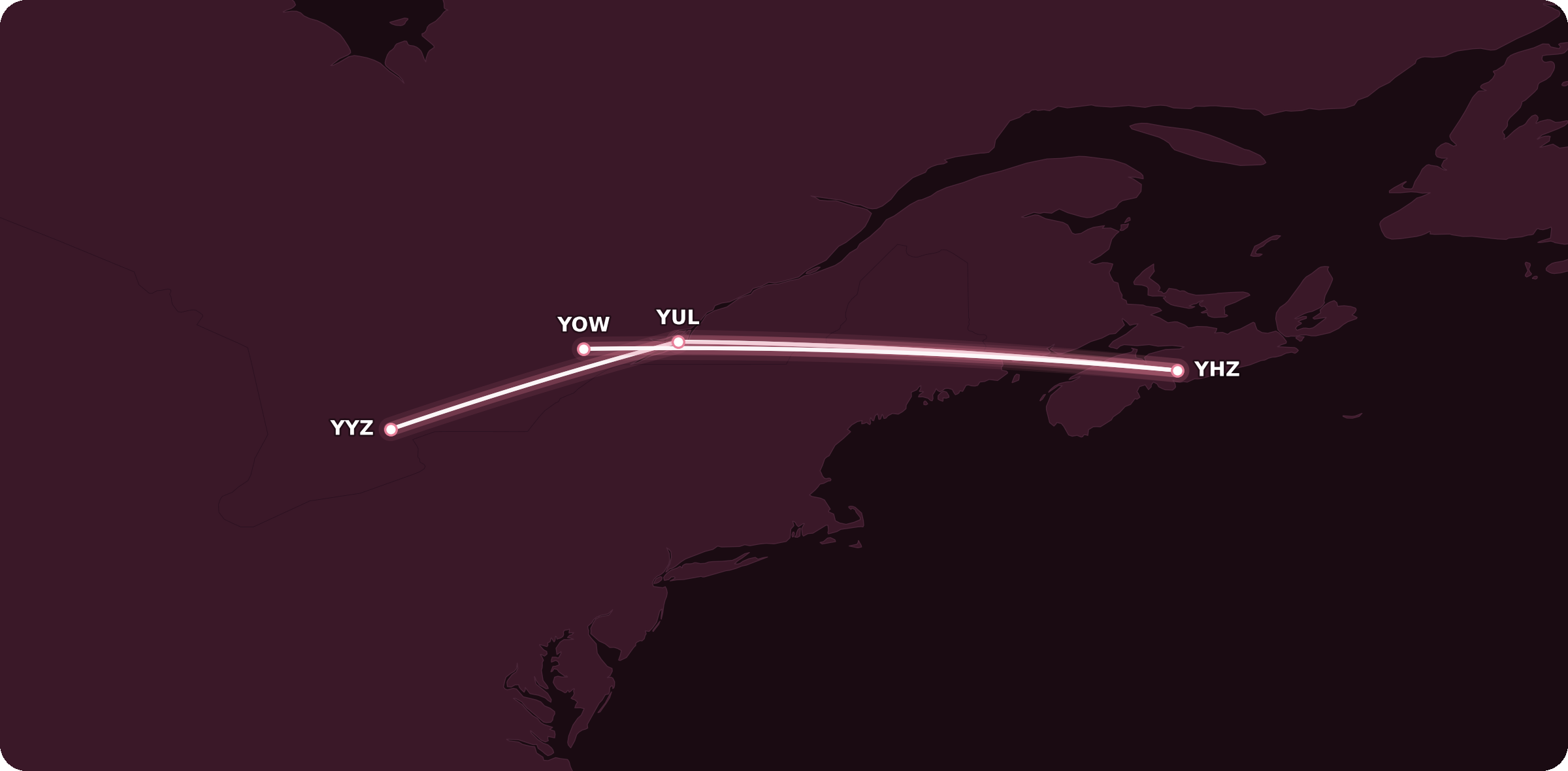
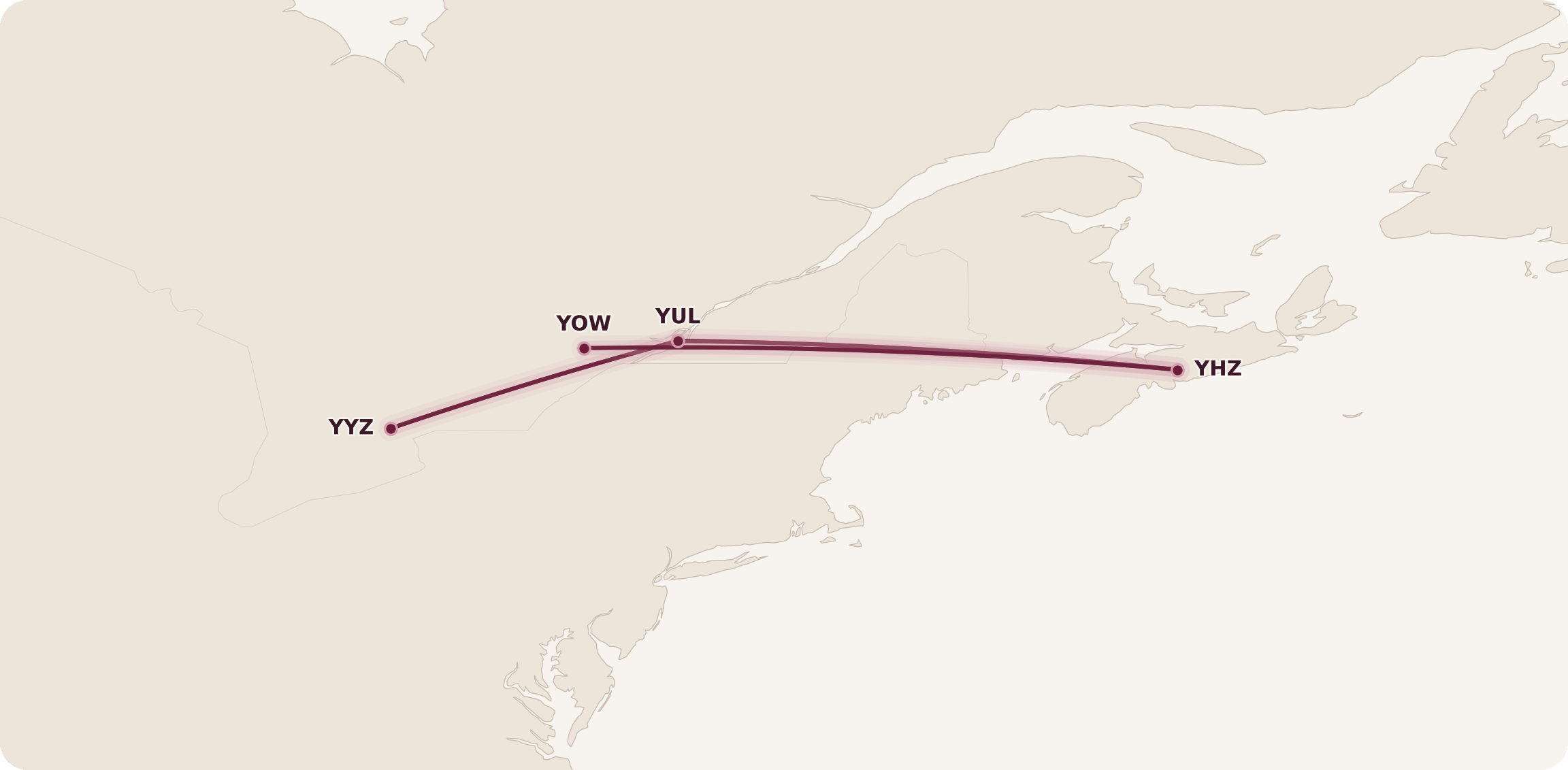
Our complete routing was YYZ–YUL–YHZ–YSJ–YUL–YOW–YYZ. We would take off at 6:20am and land back in Toronto at 10:12pm that same day.
I submitted my status match email and received the automated response in under five minutes. Two minutes after that, the email announcing a successful status challenge came in. Little did I know that this was going to be the fastest customer service response times on our journey.

Although I initially felt excitement, soon the reality hit of having to flying 16 hours hopping through Atlantic Canada on turboprops. Oh well, the fuel surcharge waiver would be worth it – and I’d get to experience the Beechcraft.
The Day of the Flight
Then came the big day. My first flight took off at 6:20am, while the first UP Express out of Union Station departed at 4:45am, so I ended up rushing to the check-in counters to make the 45-minute check-in deadline. Due to the number of segments involved, online check-in wasn’t working.
We flew the first three segments without any major issues. There was an hour delay arriving in Halifax, making our layover only 2.5 hours, but we were determined to head into town to get some lobster rolls.
Andrew’s Avis car rental status came in handy: after a quick chat with the rental agency staff for a restaurant suggestion, we made the decision to go for a quick drive. Within a minute of deciding to go, we had the keys to a very nice BMW 5 Series sedan for our hour-long rental.
We did a quick drive to Salty’s near the Marriott Halifax Harbourfront, ordered take-out, and rushed back to the airport (clearing security with four boxes of lobster rolls). Andrew even had time to fill up the rental car at the Irving gas station right outside YHZ, competing one of his Air Miles Shop the Block offers as an added bonus.

When IRROPs Strikes
After a very exciting flight on the Beechcraft and landing in Saint John, however, we experienced rolling delays which would cause misconnection issues due to our multiple connections.
Wanting to preserve our six segments and not risk being offered the direct flight to Toronto from Saint John or Montreal, we quietly sat in Saint John Airport until the Toronto flight had departed. We then had a gate agent rebook us back to Halifax (on the Beechcraft to boot), where we would spend the night and fly Halifax–Montreal–Toronto the next day.

Here’s where the Amadeus changes really threw us for a loop. The gate agent in Saint John said we’d need to take care of rebooking in Halifax. Once in Halifax, the staff told us their systems weren’t on Amadeus yet, and the only way to get ourselves re-ticketed was by calling Air Canada.
Those of us who have been trying to contact Air Canada in the days following the Amadeus changes can attest to the impossible hold times.
The four of us were sitting at an empty gate around 8pm in an empty Halifax airport frantically calling Air Canada and our various credit card insurance lines, trying to get rebooked and also not be stranded for the night.
A Very Kind Air Canada Agent
Finally, a very kind Air Canada agent at the customer service desk, after some explaining about the peculiar routing we wanted (“But why wouldn’t you want the direct flight to Toronto tomorrow?”), was very sympathetic to our situation and made some phone calls. Within half an hour, we were all rebooked us on the exact flights we needed to maintain our six segments, and had completed our strategic seat selections. In gratitude for not needing to continue to hold for Air Canada Reservations, we gave her a small token of our appreciation.
I don’t want to say if the gift made a difference in what happened next… Amex and BMO both ended up not wanting to accept the insurance claims, saying that Air Canada rerouted us to Halifax and were thus responsible for our hotel.
There were a lot of strange reasons given, including that none of our flights were delayed more than four hours, we were rebooked to avoid a misconnection, we were in a different city than where the delay occurred, it was a delay that was within the airline’s control, etc.
Amex left the first claim open and said that if an adjuster approved the claim, then we could have claims opened for the others.
With our tails between our legs, we went back to the ever-so-kind Air Canada agent (we’d been talking to her for around two hours at this point), and she made a few more phone calls. She was able to secure us four rooms at the Halifax Airport Alt Hotel, along with a generous $33 in meal vouchers per person, which was more than sufficient for dinner and breakfast the next day.
The next morning, we landed in Toronto smoothly, before the winter storm had set in. After submitting a request to Aeroplan for manual credit (often required for bookings affected by IRROPs), all six segments have been credited to Aeroplan and Air Canada’s Altitude page.

And having gotten around two hours’ sleep the night before in Halifax, I went home and basically collapsed.
Looking Back on the Trip
Now that it’s been a few weeks, I’ve had some time to reflect on the whole trip. While parts of it was stressful, it will hopefully be paying dividends the next year. Our entire routing at the end became YYZ–YUL–YHZ–YSJ–YHZ, followed by YHZ–YUL–YYZ the next day.
Day 1
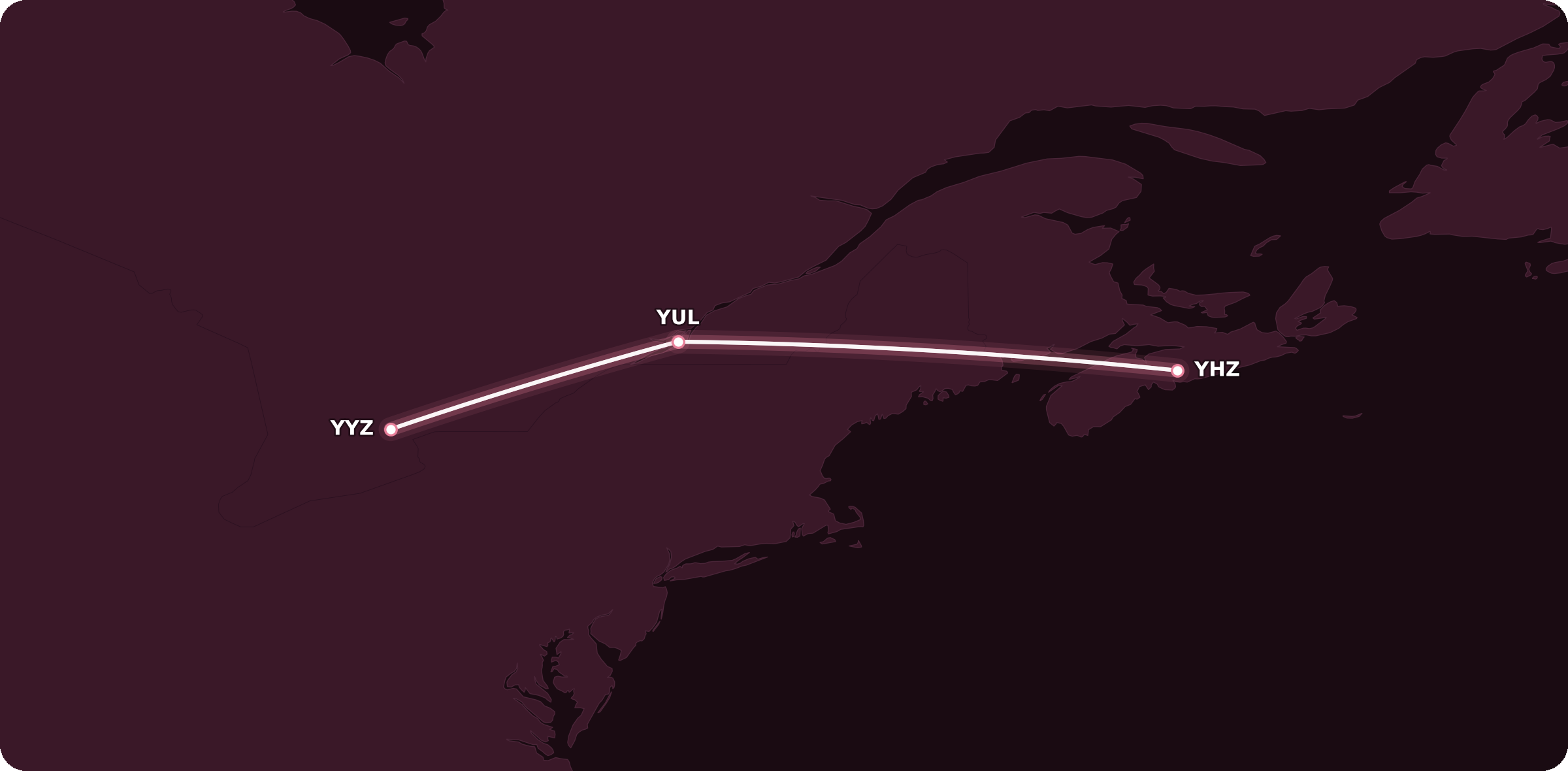
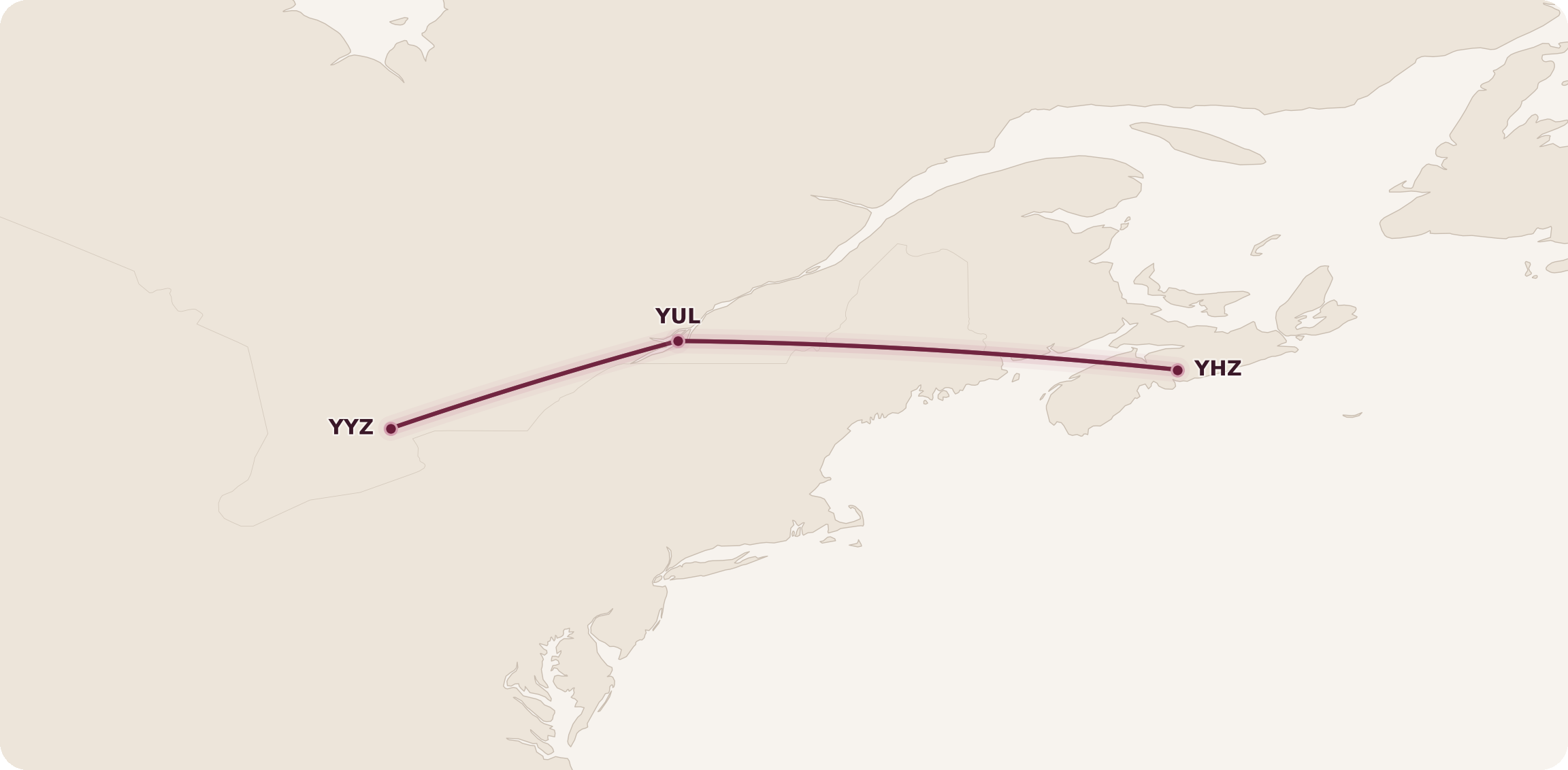
Day 2
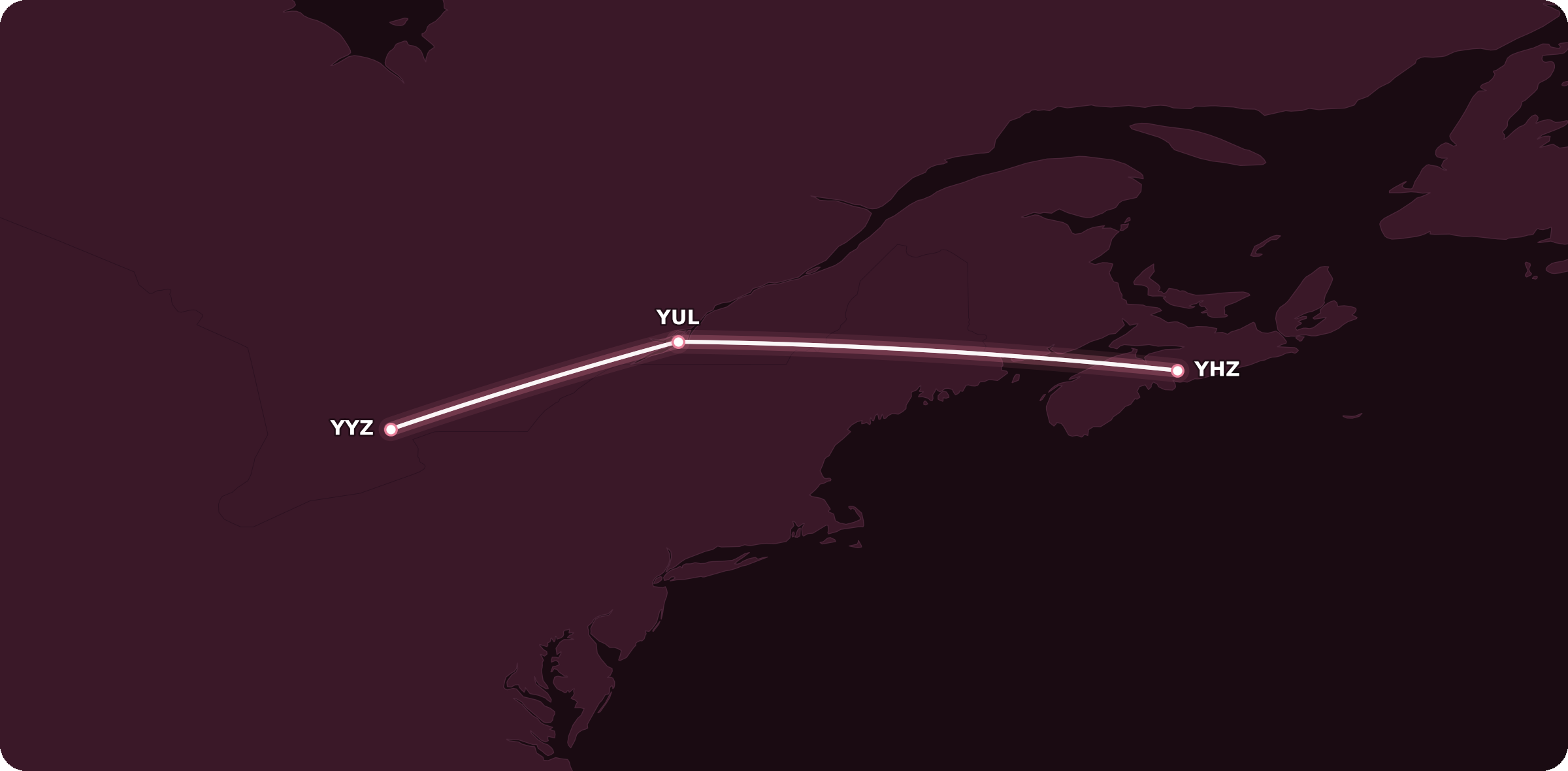
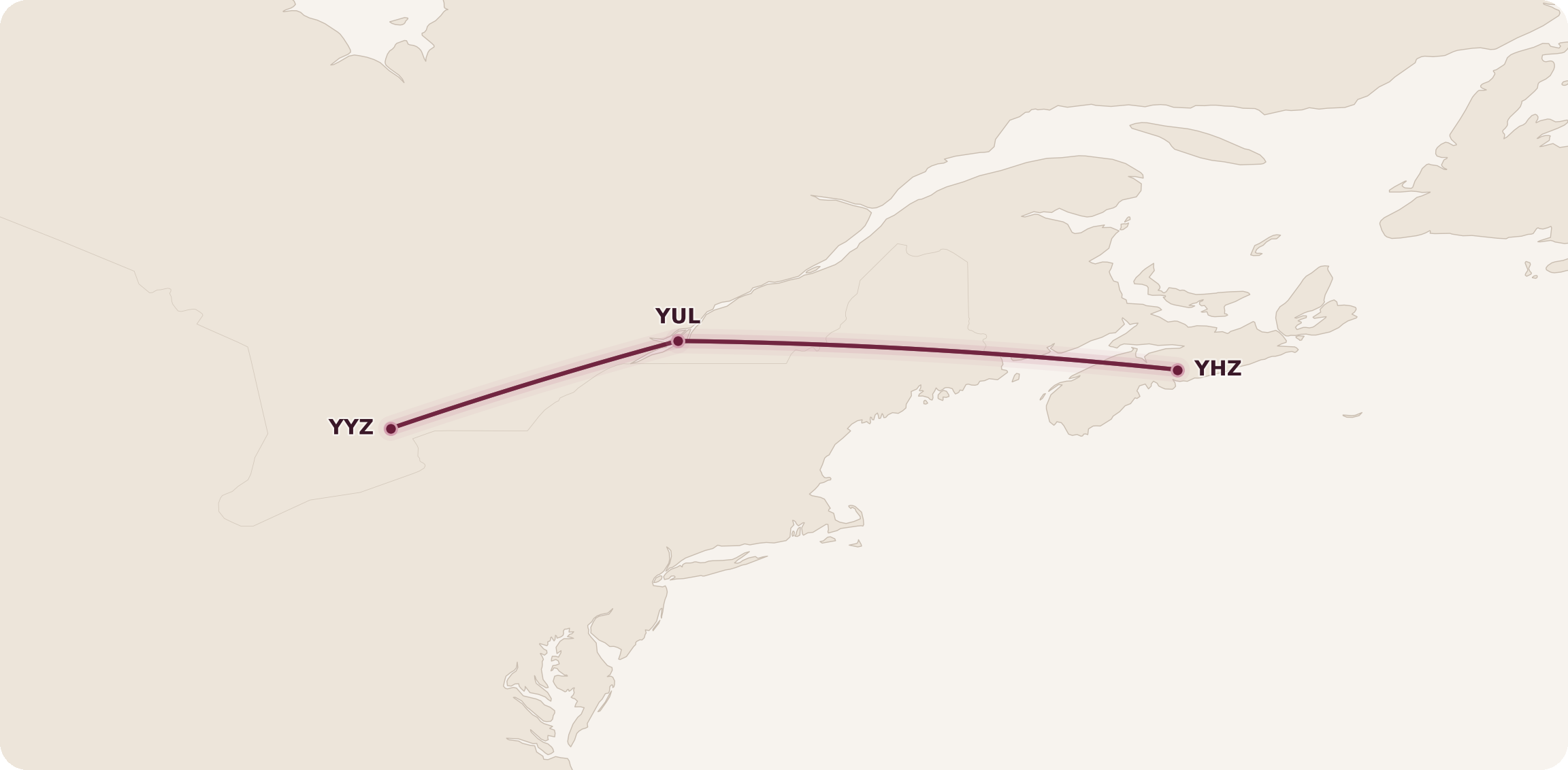
Furthermore, given that all of us are unlikely to ever achieve Elite 35K organically, we’re probably way too excited about the Air Canada Elite 35K luggage tags that we’ve received in the mail.

This trip ended up being unlike any other I’ve been on, flying around for a total of 28 hours just for airline status. Since status mostly benefits frequent revenue flyers, I never considered it being a valuable asset or something I’d be able to obtain.
Thanks to Ricky and the blog, I ended up learning about a unique status match opportunity and it’s given me new inspiration for my upcoming 2020 travels. Since there’s some uncertainty around the new Aeroplan program and I’ll have a fuel surcharge waiver, I’m now planning to take advantage of the East Coast Hopper along with a few other North American jaunts. What a perfect time to explore my own backyard. 😉
Everything works itself out and, in the end, American Express paid out the insurance claim: the whole $17 Andrew spent on a bottle of water and a meal tray on the next morning’s flight!
When I wrote about the Air Canada status challenge, I mentioned that I wasn’t sure whether I would personally choose to book a status challenge take advantage of it. But I’m very happy to see that at least a few people have indeed benefited from the opportunity.
While Rachel chose to match from WestJet Gold to Air Canada Elite 35K (and therefore needed to complete six segments to fulfill the challenge), I should remind everyone that even matching from WestJet Silver to Air Canada Prestige 25K, which only requires four segments, will also earn you a fuel surcharge waiver on Air Canada flights within North America throughout 2020.
(You could’ve attained WestJet Silver from many of the special offers that we saw on the WestJet RBC MasterCard over the course of the year, or alternatively via WestJet’s very own status match from yet another status level, such as Alaska MVP or United Silver.)
If you’d like to search for a cheap segment run for yourself, the best way to do so is using the ITA Matrix tool, as Rachel had done.
I’d recommend setting your home city as the origin, and then setting the destination as a whole bunch of nearby cities, so that the search engine can look through all the options.
You’ll want to use the “Advanced controls” feature to specify the operating carrier (Air Canada) and the number of segments required. If you’re looking for a four-segment run for Prestige 25K, you’d enter “AC X AC” in the advanced routing codes to specify that you need two segments in each direction.

(If you’re looking for a six-segment run for Elite 35K, you’d enter “AC X AC X AC” to specify three segments in each direction.)
Don’t forget to think about any methods available to you to lower the overall cost of the ticket, such as the 15% discount vouchers that are available to Amex Platinum cardholders (like Rachel used), the $120 Air Canada eGift card that you might’ve gotten from the CIBC Aerogold Visa Infinite, grocery store deals on Air Canada gift cards that might be around, or any other ways to save money.
Everyone will have to think about whether the Air Canada status challenge is worth it for themselves, but if you see yourself using Aeroplan miles for North American redemptions in 2020 (and especially if you’re booking for a large family, when the fuel surcharges can really add up), then it’s definitely worth considering.

I also had a good chuckle at the part of Rachel’s story where they “quietly sat in Saint John Airport until the Toronto flight had departed”, to avoid being rebooked on the direct flight back to Toronto and thus botching their six-segment run. That’s some quick strategic thinking right there!
Overall, I was impressed by the way that Rachel and her team handled the IRROPs that came their way. In these situations, you always want to proactively look for alternative routings, fall back on credit card insurance, and seek a nice human touch by airport agents who have the power to help you – and in this case, all three elements came through to help the team out of a sticky situation.
Thanks for sharing, Rachel. If you’d like your story to be featured for a chance to win 5,000 Aeroplan miles, send me an email with “” in the subject line for a chance to be selected for the January edition!

First-year value
$588
Annual fee: $139First Year Free
• Earn 10,000 points on first purchase
• Earn 15,000 points upon spending $3,000
• Earn 20,000 points on card anniversary upon spending $12,000 in the first 12 months
Earning rates
Key perks
- Free first checked bag for cardholder + up to 8 companions
- 1,000 SQC per $20,000 spend toward Aeroplan Elite Status (up to 25,000 SQC/year)
- $100 NEXUS rebate every 48 months
- 4th night free on Aeroplan hotel redemptions
- Troon Rewards Silver (10% off at 95+ golf courses)
- Avis Preferred Plus (1 car-class upgrade)
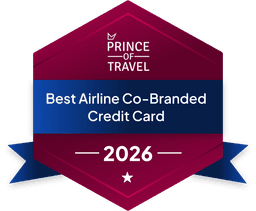
Annual fee: $139First Year Free
• Earn 10,000 points on first purchase
• Earn 15,000 points upon spending $3,000
• Earn 20,000 points on card anniversary upon spending $12,000 in the first 12 months
Earning rates
Key perks
- Free first checked bag for cardholder + up to 8 companions
- 1,000 SQC per $20,000 spend toward Aeroplan Elite Status (up to 25,000 SQC/year)
- $100 NEXUS rebate every 48 months
- 4th night free on Aeroplan hotel redemptions
- Troon Rewards Silver (10% off at 95+ golf courses)
- Avis Preferred Plus (1 car-class upgrade)
